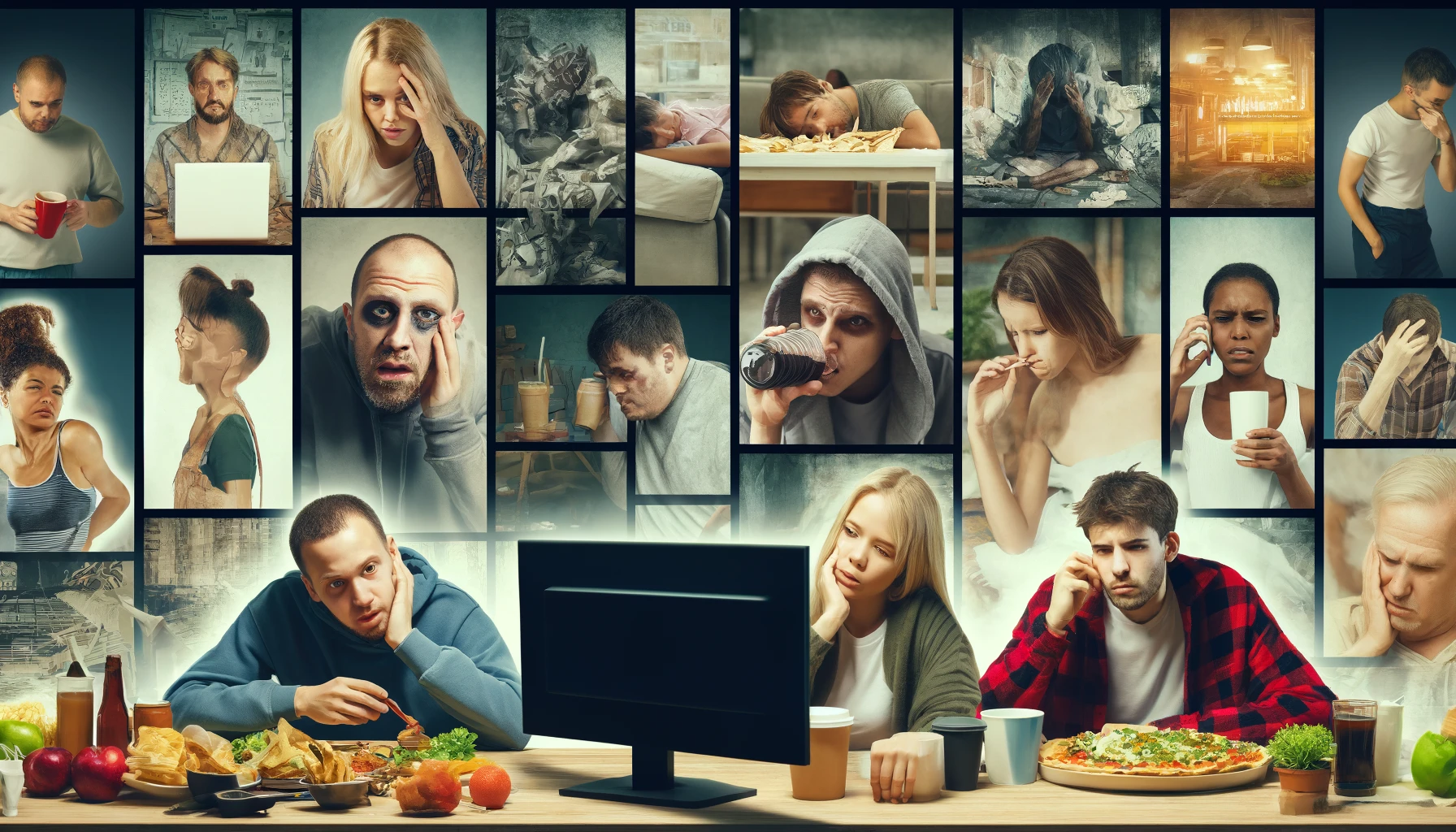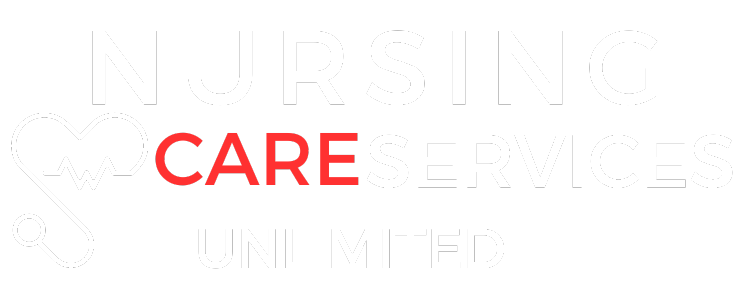Many things can cause tiredness. However, tiredness can be corrected in practical ways. Below are 20 reasons you are tired all the time and how to fix it.
Lack of Sleep: Fatigue can be caused by lack of appropriate hours of sleep. Most people require 7-8 hours of sleep per night to feel rested. Your body requires consistency to sleep good. Make sure to go to bed at the same time every night and wake at the same time every morning.
- Source: National Sleep Foundation
Poor Sleep Quality: You may be sleeping enough hours, but sleep quality may be poor. This can leave you feeling tired and groggy throughout the day. Do not eat, exercise, drink coffee, take vitamin B or iodine supplements, watch TV, use computer too close to bed time. All of the previously mentioned can disrupt circadian rhythms and reduce your quality of sleep.
- Source: Harvard Medical School
Sleep Disorders: Insomnia and sleep apnea impede you from getting good quality sleep. Make sure to exercise, avoid coffee, lose weight, and re-assess your sleeping positions if you are suffering from the previously mentioned conditions.
- Source: Mayo Clinic
Stress: Too much stress increases cortisol (a stress hormone) which can disrupt circadian rhythms preventing good quality sleep from occurring. Reduce stress by having a good support system in place, go to counseling, exercising, you can take ashwagandha root (an Indian herb known for reducing stress) or valerian root.
Poor Diet: You are what you eat. That means if you eat pre-made, processed foods, you will likely feel fatigued. Cook your own food from scratch, learn to meal prep, eat foods with high nutrient density like Kale and avocado, try an elimination diet to see if certain foods make you fatigued, try a high protein diet.
Dehydration: Think of water like oil for a car. If a car runs low on oil, it runs inefficiently- things can break. Water is the car oil of the body. It nourishes cells and allows human machinery to run smoothly. Drink water, use an electrolyte supplement, eat water dense foods like cucumbers/peppers/apples, don’t drink too much coffee, don’t exercise too much, download a water drinking app to keep you on track.
- Source: Harvard, Healthline, Water Llama
Lack of Physical Activity: When you don’t move, your body slows down. Make sure to be active for a minimum of 150 minutes a week. Go for a brisk walk, attend yoga, go hiking, walk your dog, start gardening.
Medical Conditions: Diseases like diabetes, heart disease, and thyroid problems can cause fatigue. Reduce processed foods, start juicing, try taking triphala (Indian herb) and magnesium for blood sugar control.
- Source: National Institute of Diabetes and Digestive and Kidney Diseases, Med News Today, Healthline
Mental Health Issues: Being depressed and anxious can cause you to be tired. Make sure to exercise, take B vitamin supplement, cut out processed foods, drink enough water, and have good support system.
Medications: Certain medications can make you tired. Be aware of how you feel after taking anti-depressants, benzodiazepines, Benadryl, antibiotics, cholesterol and blood pressure meds.
- Source: WebMD
Anemia: This means your cells are low in hemoglobin. When hemoglobin is low, cells can’t transport appropriate amounts of oxygen. That can make you tired and cold. Consume meat, take an iron supplement, check you gut health to see if you’re digesting meat appropriately.
- Source: Mayo Clinic
Chronic Fatigue Syndrome: A complex disorder characterized by extreme fatigue that cannot be explained by any underlying medical condition. If you receive this diagnosis from a doctor, it may be time to see a functional medical doctor, or nutritionist.
Lifestyle Factors: Being a workaholic, neglecting activities that bring you joy, and poor time management can cause you fatigue. Make time for things that make you happy, don’t overwork yourself, and spend enough time around people who care about you.
Alcohol and Substance Use: Alcohol is one the the biggest disrupters of sleep due to its effects on circadian rhythms, and how it depletes the body of magnesium. Drink alcohol in moderation and consider taking an electrolyte supplement with magnesium in it.
Caffeine Overload: While caffeine can boost energy, it can cause adrenal fatigue. Don’t drink more than 2-3 cups of coffee a day.
- Source: Med News Today
Poor Sleep Environment: If you are sleeping in a noisy, warm room with light, or uncomfortable bedding, this can impact your quality of sleep dramatically. Make sure keep the room cool, shut off the lights, check your shades, and evaluate your bedding.
- Source: Sleep Foundation
Shift Work: Working irregular hours can disrupt the body’s natural sleep-wake cycle. Try changing shifts, make sure to take naps.
Travel and Jet Lag: Changing time zones abruptly can disrupt circadian rhythms and cause fatigue. Make sure to leave enough time to rest during travel.
- Source: Mayo Clinic
Hormonal Imbalance: Hypothyroidism can can cause tiredness. Make sure to take medications as prescribed, exercise, and try an iodine supplement.
Chronic Pain: Persistent pain can interfere with sleep and drain energy. Don’t rely on NSAIDs like Ibuprofen, go see a functional medical doctor or chiropractor.
- Source: IFMA
Follow us here:
X Formerly Twitter
Instagram
Facebook
Linkedin


